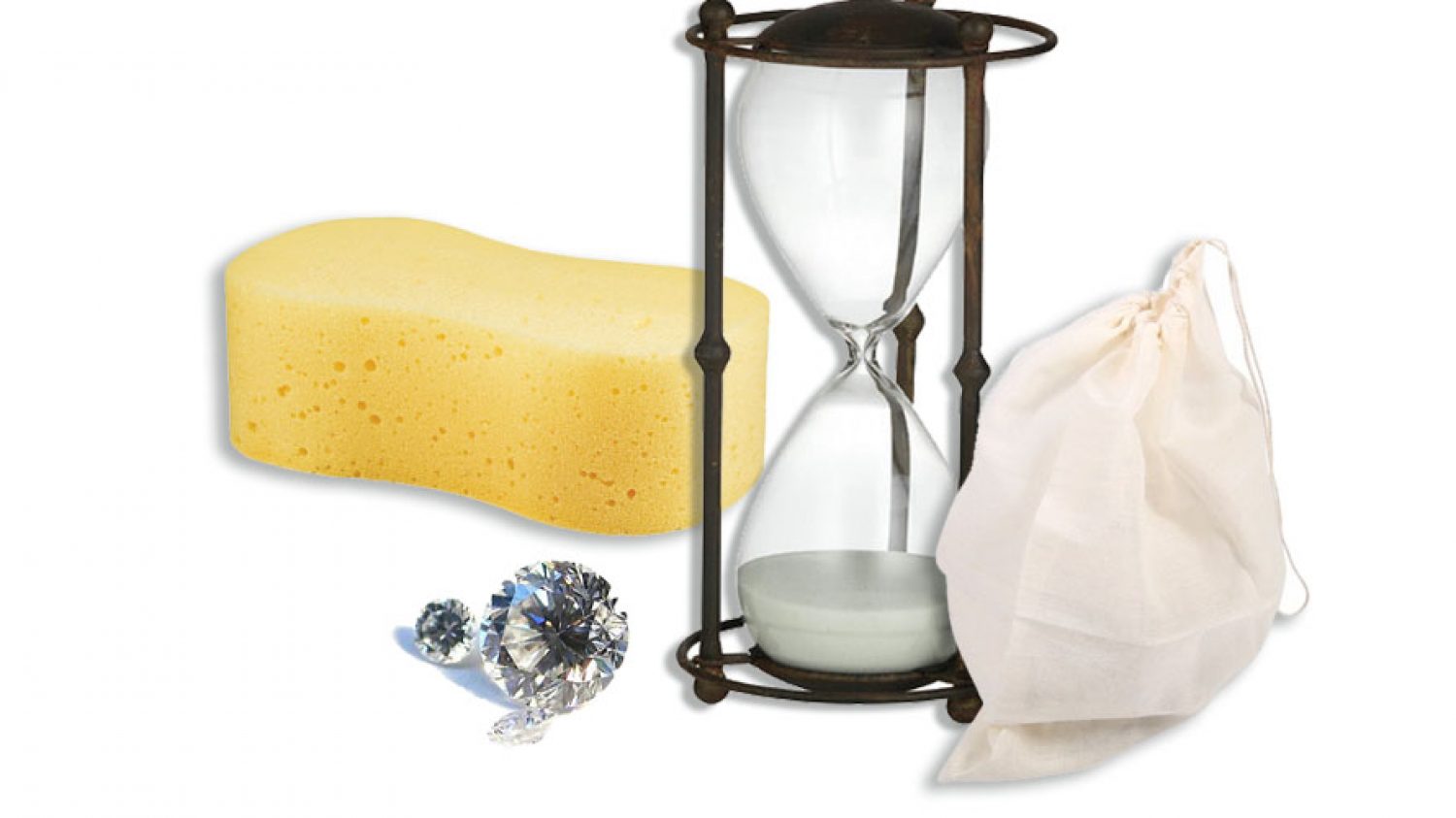What sort of reader are you? Do you read slowly, savouring every word? Or do you rush through a book and then think about it afterwards? According to the poet Coleridge, there are 4 classes of reader:
- Sponges – who absorb all that they read and return it in nearly the same state, only a little dirtied.
- Sand-glasses – who retain nothing and are content to get through a book for the sake of getting through the time.
- Strain-bags – who retain merely the dregs of what they read.
- Mogul Diamonds – equally rare and valuable, who profit by what they read, and enable others to profit by it also.
I suspect I am a mixture of these categories. If I am tired and reading a light crime novel, then I probably become a sand-glass reader, if the book is really light and a bit rubbishy (plane reading, for example) then I’m hopefully a strain-bag, but of course I like to think that most of the time I am a Mogul Diamond reader.
As I have mentioned before in my Notes, I keep a ‘Book Notebook’ in which I record all the books I read. I find it fascinating to look through them, going back about 20 years, to see what I can remember of the books listed. Some really stand out and I remember them vividly, but there are others which leave me completely puzzled – what on earth was that book about, I ask myself? And I do feel that different books require very different sorts of readers – surely Coleridge would have felt that a great classic or an exhaustive history book needs a very different type of reading from one of Ann Radcliffe’s Gothic horror novels (which we know he did read and admire)?
So I’m going to give you my list (which you can compare with Coleridge’s) categorising various ways of reading:
- Take-Away – the sort of reading you do quickly and easily, without any deep concentration, yet enjoying the experience. You are left with no lasting nutrition, but you’ve had fun. (Books in this category include Chick-Lit, romances, Agatha Christies, etc.)
- Home-Cooked – you put a bit more work into this sort of reading, taking more time and choosing more judiciously, and you get good nourishment for the mind. (Books in this category include much modern fiction, light social history, much well written crime fiction, some literary criticism, and some biography.)
- Left-Overs – these are books you have sampled before, but want to enjoy all over again. Often food tastes better the next day as flavours have had time to merge and deepen. It is the same with good books – you can get so much more from them the second and third time around. (Books here include anything really well written.)
- Gourmet – this is the finest reading experience. You are tasting books that have come from the best of authors. You need to read slowly to savour each beautifully crafted sentence, you need to enjoy the look and feel, you think about the experience long afterwards, and you feel enriched in every way by what you have read. (Here, of course, I include Jane Austen, great poetry, really superb non-fiction, and of course the great classics of literature.)
So have a think about how you read, how you would categorise each reading experience, and let me know if you have other categories of reading which you feel I’ve left out. Please leave a comment.
I only recommend books I have read and know. Some of these links are my affiliate links. If you buy a book by clicking on one of these links I receive a small commission. It doesn’t cost you anything extra, but does help cover the cost of producing my free newsletter.
Comments are moderated, and will not appear until approved.
[DISPLAY_ULTIMATE_PLUS]

Peter B
I find that with a good book I am like a spider spinning a web of information, I like to read about the author his life and literary influences, as the web expands I ensnare books, short stories poems from other authors that have in some way inspired or be compared to said original good book.
Susannah Fullerton
Oh I like the web image! And I am guessing you have Game of Thrones right at the heart of your web??